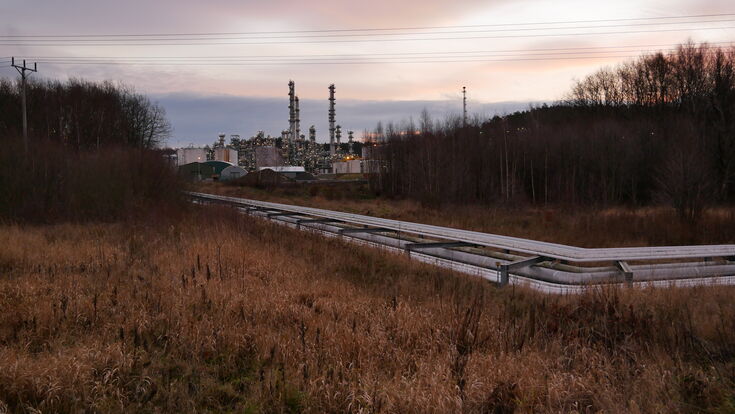Wastewater : Perstorp will save fresh water by using purified wastewater

Water is a precious resource. One that could become increasingly scarce due to climate change. Therefore, water-intensive industries in particular are looking for ways to optimise their water consumption. Swedish specialty chemicals company Perstorp, for example, is investing in a unique project that will allow it to use wastewater from a nearby municipal treatment plant for production operations in Stenungsund, Sweden. This will save 1.1 billion litres of fresh water per year.
Innovative use of wastewater
“The project objective was to find an additional, sustainable and reliable source to supply water to the plant’s cooling water system, as well as the electrolysis unit that will supply Project Air with hydrogen, that will enable us to reduce the use of freshwater,” Anna Berggren, Vice President Sustainability at Perstorp explains. The project will enable Perstorp to secure the future supply of water for the Stenungsund plant even though it will not be able to provide for the entire water consumption of the plant. “We will still need water from existing sources. Fully installed and expanded it might cover 50-60% of plants future need,” says Berggren.
All Perstorp production plants use water for multiple purposes: as a solvent for chemical reactions, a carrier for products, a heat-transfer medium, and for cooling, for example. One way of reducing consumption of fresh water is to purify and recycle wastewater. The Stenungsund project will enable wastewater from the water treatment plant run by the municipality to be further purified and reused at the Perstorp Oxo production plant.
The recycled water will also be used for the production of renewable hydrogen via electrolysis for Perstorp’s game-changing transition project Air, as well as for other strategic investments. “This project is a key enabler to combining business growth and sustainable development,” says Berggren.
Project Air is an initiative to transform the chemical industry towards climate neutrality. Perstorp Group and partner Uniper will produce sustainable methanol for chemical manufacturing using circular production methods, reducing carbon dioxide emissions by about 500,000 tonnes per year. This equals the annual emissions of around 340,000 new cars running on fossil fuel.

In the future more of the company’s sites will have systems like this implemented our drive to reduce freshwater consumption in order to reduce freshwater consumption. “Perstorp is currently investigating which locations that are most suitable to be included in the next step,” says Berggren. “Fresh water scarcity is already a fact around the world. The chemical industry has a responsibility to reduce its use and find new solutions that can also support society as a whole.”

